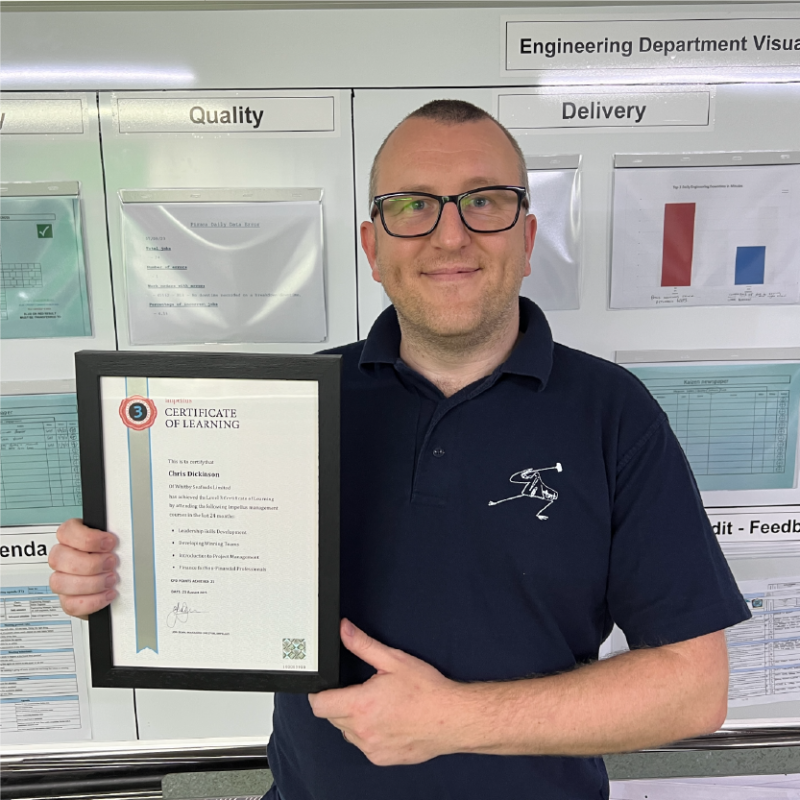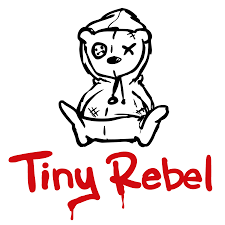I bet I wasn’t the only one who watched the recent Olympics, then immediately set about revising my list of goals. But where should I even begin planning to become the oldest-ever skateboard medallist?
“SMART” I hear you shout!
I love a clever acronym as much as the next person. And SMART is certainly a memorable one – you would be hard-pushed nowadays to find an adult who can’t reel off what has become the universal goal-setting chant (Specific, Measurable, Achievable, Relevant, Time-bound, for those who don’t remember much from school).
But should we as cutting-edge leaders and managers still be blindly using this one-size-fits-all technique and encouraging our teams to do the same? For the answer to this question, we must look to the smartest. In the case of goals, this is two academics called Locke & Latham, who formally set out their goal-setting theory in 1990.
Locke & Latham recently revisited their theory in a paper called The Development of Goal Setting Theory: A Half Century Retrospective. Okay, it might not be the simplest thing you read today, but the effort will be worth it if you want to give yourself an edge on the competition in this critical area.
Performance v Learning Goals
One of the main ways effective goal-setting is more sophisticated than SMART suggests, is understanding that there is a difference between setting ‘performance’ and ‘learning’ goals. Each of these types of goal should be set only in appropriate contexts.
Specifically, factors like knowledge, ability, commitment, and perceptions of task complexity should be assessed before identifying which of these types of goal to set.
A damaging consequence of setting a performance goal where a learning goal would be more appropriate is that the goal can lead to stress, anxiety, pressure, unethical behaviour and perceptions of failure. If this is the case, motivation could drop dramatically, even though great progress in terms of knowledge and self-improvement may have been achieved.
So maybe you should think about setting your new salesperson the learning goal of successfully being able to handle a commonly encountered objection, before even thinking about setting them the performance goal of hitting the £150k per month target that your most experienced salesperson achieves.
There are, of course, several factors involved in determining whether you achieve your goals. Fortunately, there is another fantastic model that has been developed for this – keep an eye out for a future blog article on this. For now, I’m off to ask my skateboarder niece what an Ollie is…























